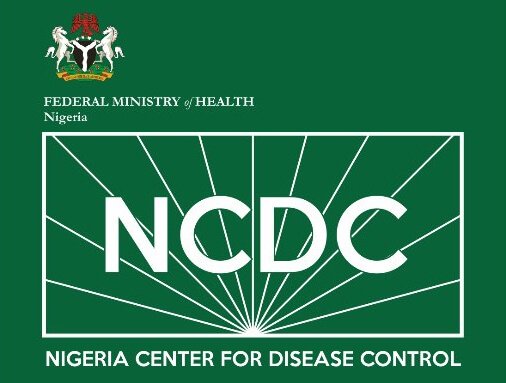The Nigeria Centre for Disease Control and Prevention (NCDC) has reported 67 confirmed cases of Mpox in the country, spanning 23 states and the Federal Capital Territory (FCT). This was revealed during a briefing held in Abuja on Wednesday. Out of a total of 1,031 suspected cases, these confirmed cases reflect the ongoing spread of the disease across Nigeria.
The affected states with confirmed cases include Akwa Ibom and Enugu with eight cases each; Bayelsa with six; Cross River with five; Benue, Plateau, and Delta each with four cases; FCT and Imo each with three; Lagos also recorded three cases; Rivers, Abia, Osun, Anambra, and Ogun each reported two cases; while Kaduna, Gombe, Edo, Niger, Ebonyi, Nasarawa, Kebbi, and Oyo all recorded one case each.
Dr. Jide Idris, the Director General of the NCDC, stated that the agency is working to improve surveillance and detection capabilities in the states.
According to Dr. Idris, “We are working with the port health authority to prevent the importation of Clade I of Mpox into the country. The port health authority is also working with border states to ensure prevention of the clade into the country.”
Dr. Idris also mentioned that while there are laboratories across the country, not all are currently equipped to test for Mpox. The NCDC is taking steps to enhance these facilities, reducing the need to transport samples between states. In addition, efforts are being made to raise awareness about the disease.
Mpox, a rare viral zoonotic disease, can be transmitted from animals to humans and also between humans. It is common in certain regions of Africa, especially in the tropical rainforests of Central and West Africa.
The virus spreads through direct contact with infected animals, such as monkeys, squirrels, and rodents, or their body fluids. Human-to-human transmission occurs mainly through direct contact with an infected person or contaminated materials.
Symptoms of Mpox include fever, headache, muscle aches, fatigue, swollen lymph nodes, and a distinctive rash that usually begins on the face and spreads to other parts of the body, including the palms, soles, and genital areas. Due to the nature of the rash, sexual contact can also be a potential route of transmission.










